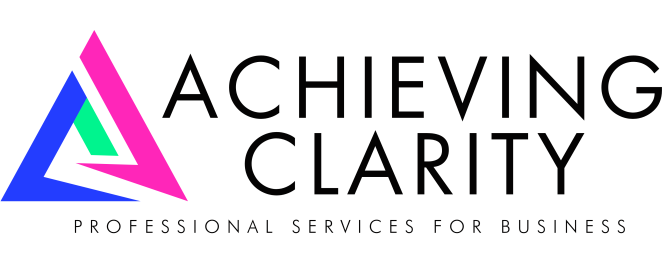
Selling your Company and Capital Gains Tax
We all want to make as much money as possible and legitimately, pay as little tax as possible.
So, when we sell our Company, we want the highest price – but are we then going to suffer punitive tax on the gains we have worked so hard for?
Gains made when disposing of an asset (such as selling a second property or selling shares) are subject to Capital Gains Tax (CGT) – this is a different sort of tax from income tax and has its own rates, thresholds and reliefs. Presently the basic rate of CGT is 10% rising to 20% where a gain, after reliefs, puts your total income for the year over the basic tax rate threshold. (£50,270 for 2021/22).
In other words, you could lose up to 1/5 of your hard-earned gains to tax when you dispose of your business.
A similar situation arises when you close your company and take out the
accumulated profits that have built up in the business. All that careful tax planning to ensure that the salary and dividends taken in previous years minimises any income tax burden, might now seem pointless if we have to pay 1/5 of that final drawing to HMRC as Capital Gains Tax.
The good news is that there are several ways we can reduce the tax we pay on any gain we make when we sell or close our business.
Tax Saving Tips
Is your partner a shareholder?
This is something to consider, long before you even think about closing your company. Each shareholder is entitled to £2,000 dividends each year, free of Income Tax and National Insurance – a cheaper way to get money from the business each year.
If your accountant has not discussed this with you already, it may be time to change your accountant!
Now you want to sell or close your business and here is the real opportunity to save some tax. Any gain is shared – which is a great start – only receiving a share of the gain, may keep your total income out of the higher CGT Rate – so you only have to pay 10% on some or all of it.
There is more. Each person has a £12,300 tax free allowance before they have to pay Capital Gains Tax – so, now any gains, will be reduced by £12,300 for everyone who is entitled to a share of the gain; saving up to £2,430 in taxation, per person.
Are you eligible for any other reliefs?
For those big gains, we need to definitely think ahead.
Business Asset Disposal Relief (BADR) (Formerly known as Entrepreneurs Relief) is a special tax rate of 10% for gains up to a lifetime allowance of £1m, providing certain conditions are met, including owning shares in the business for at least 2 years PLUS holding an office (Director or Company Secretary) and / or being
employed by the Company for a minimum of 2 years.
So, if you are thinking of realising your gains in a business less than 2 years old – you will not qualify for BADR
Or, if you are thinking of quickly adding a shareholder to your payroll or making them a Director – don’t bother, because unless you have done this at least 2 years earlier, then they will not be eligible for BADR on their share of the gain.
Make sure your partner is a shareholder and a Director or Company Secretary for a minimum of 2 years prior to the sale or closure of the business, otherwise they will not qualify for BADR on their share of the gains.
Now, the gain is shared, with each shareholder getting the first £12,300 free of tax and then everything above this amount, taxed at 10%, regardless of the level of personal income.


